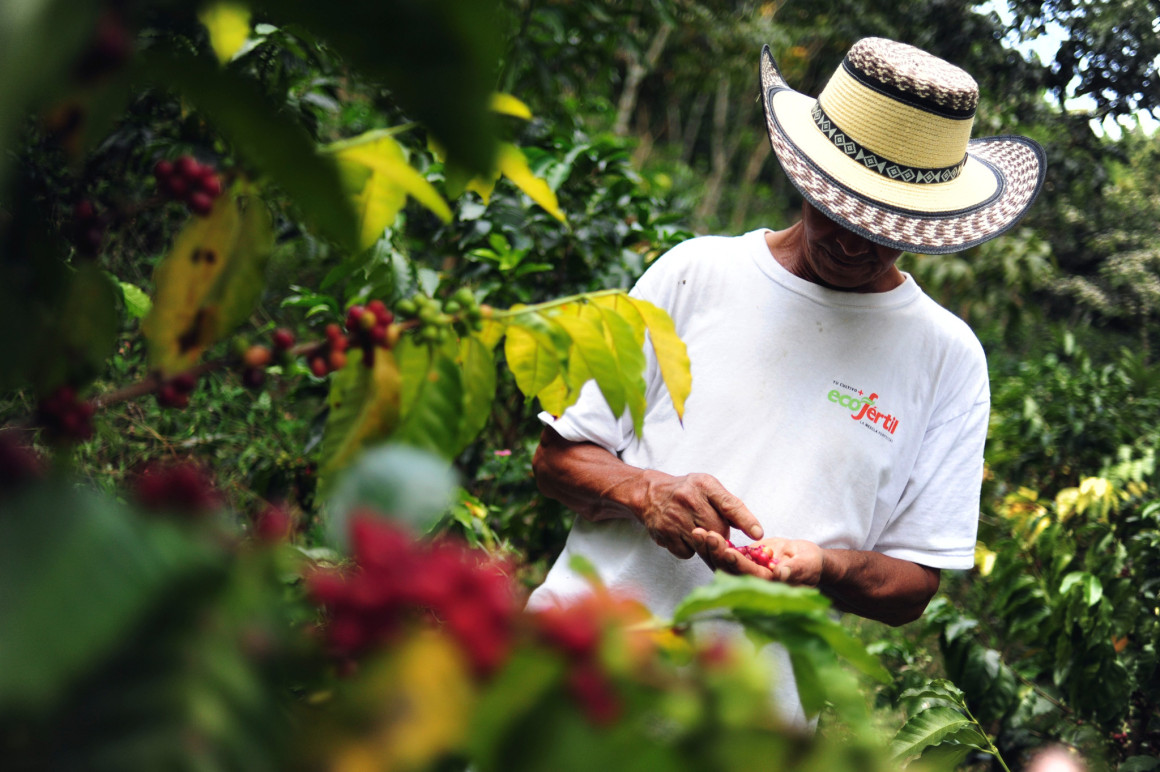
Fair trade isn’t a long-term solution to poverty
By Kent Wong, October 23, 2015 —
Fair trade, the social initiative that’s slapped on your coffee, tea and hot chocolate, is waging a bitter fight behind the scenes of your local coffee shop.
The University Calgary recently became a certified “Fair Trade Campus.” It is the first school in Alberta to receive the designation from Fairtrade Canada. To an average student, this means paying a premium — for coffee, in particular — in exchange for the promise that producers of these products are fairly compensated. In reality, we throw money at an intermediary organization in the hope they solve a problem we don’t know much about. The Fair Trade Campus Steering Committee says it’s a step in the right direction, but fair trade may not be the solution to poverty many think it is.
Fair trade and the other similar designations are supposed to improve the lives of farmers in developing countries. A bad year for commodity prices or a spoiled harvest means coffee and cocoa bean farmers are in for a rough ride. Fair trade farmers are supposedly safe, but they often only barely get by with the minimum set prices. Meanwhile, hundreds of thousands of non-fair trade farmers either go hungry or switch to growing cocaine, a more profitable alternative to legal crops. When damaged crops caused coffee production in Peru to drop by 90 per cent earlier this year, many families found that they could make the same amount of money growing cocaine while using only a quarter of the land needed for coffee production. When faced with a starving family, the choice is an easy one.
The instability of commodity prices and the widespread adoption of illegal crops are symptoms of a failed system that can’t be fixed with a band-aid solution like fair trade. These designations do nothing to alleviate long-term poverty, and economists like Victor Claar have shown that fair trade rules will never reduce poverty on a larger scale.
Fixing these problems is better handled by organizations that provide farmers with the tools and knowledge they need to better manage the sustainable growth and production of legal crops. Instead, fair trade relies on the hope that money will make the problems facing impoverished farmers magically go away. To make matters worse, only about 10 per cent of fair trade premiums actually reach farmers. To most charities, those numbers would be considered a failure.
A big part of fair trade on campus comes back to how we feel about the designation. Since there’s no evidence this certification is helping farmers in the long term, we embrace the designation as a feel good marketing tool or interpret it as a step in the right direction and hope for the best. Those options aren’t good enough.
As a university student, I don’t want to just hope problems fix themselves. I want to solve them. There are far better and more immediate steps to fixing global poverty than paying a little extra at the till. We need to take those steps instead of settling for a flashy logo and a false sense of good-samaritanism.
